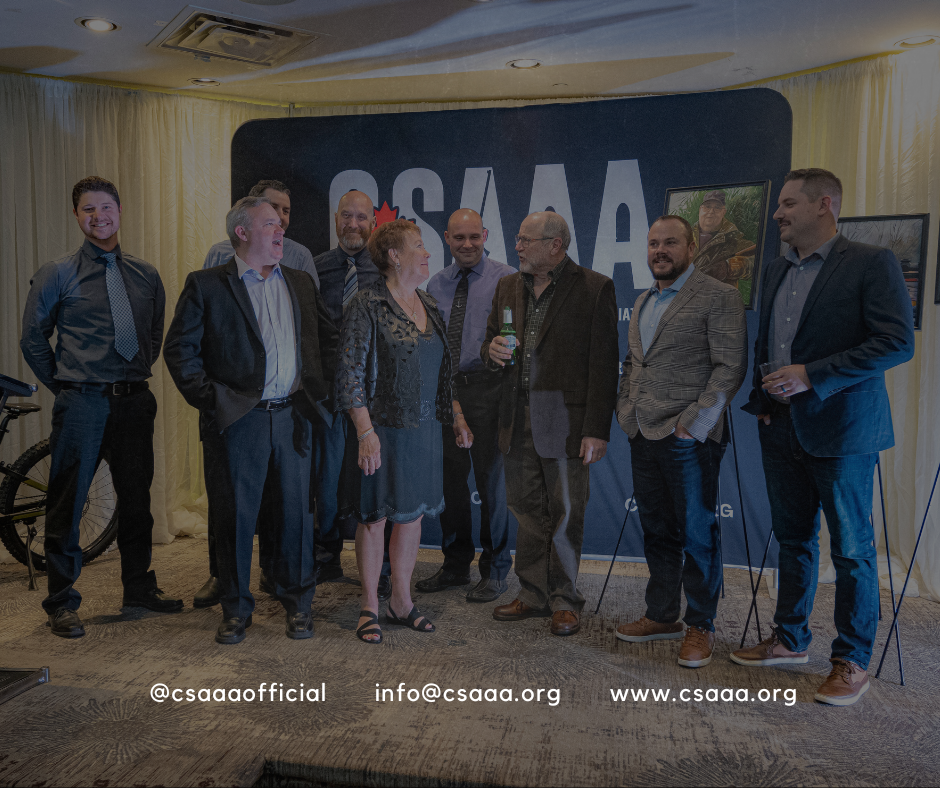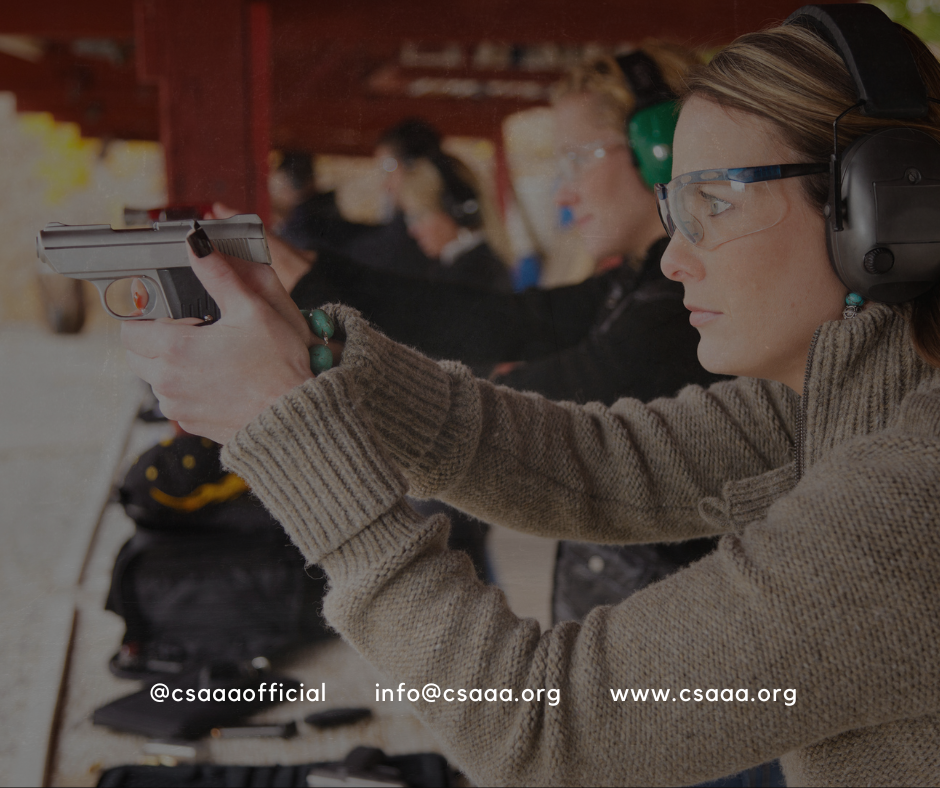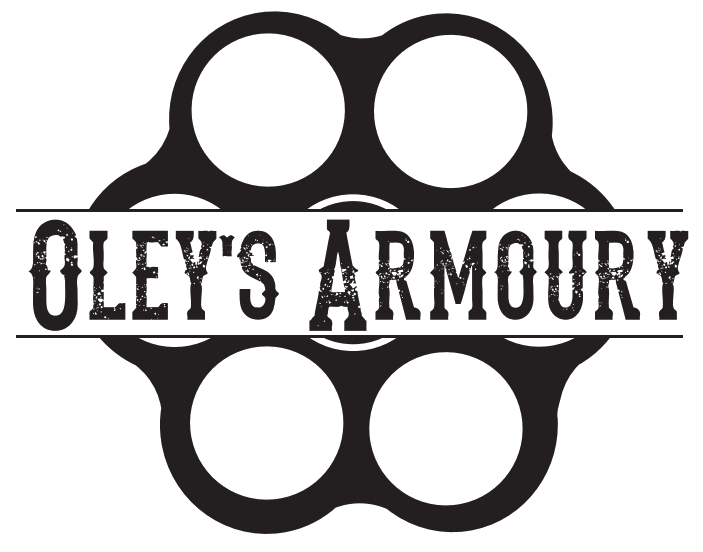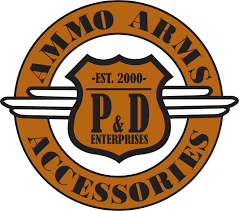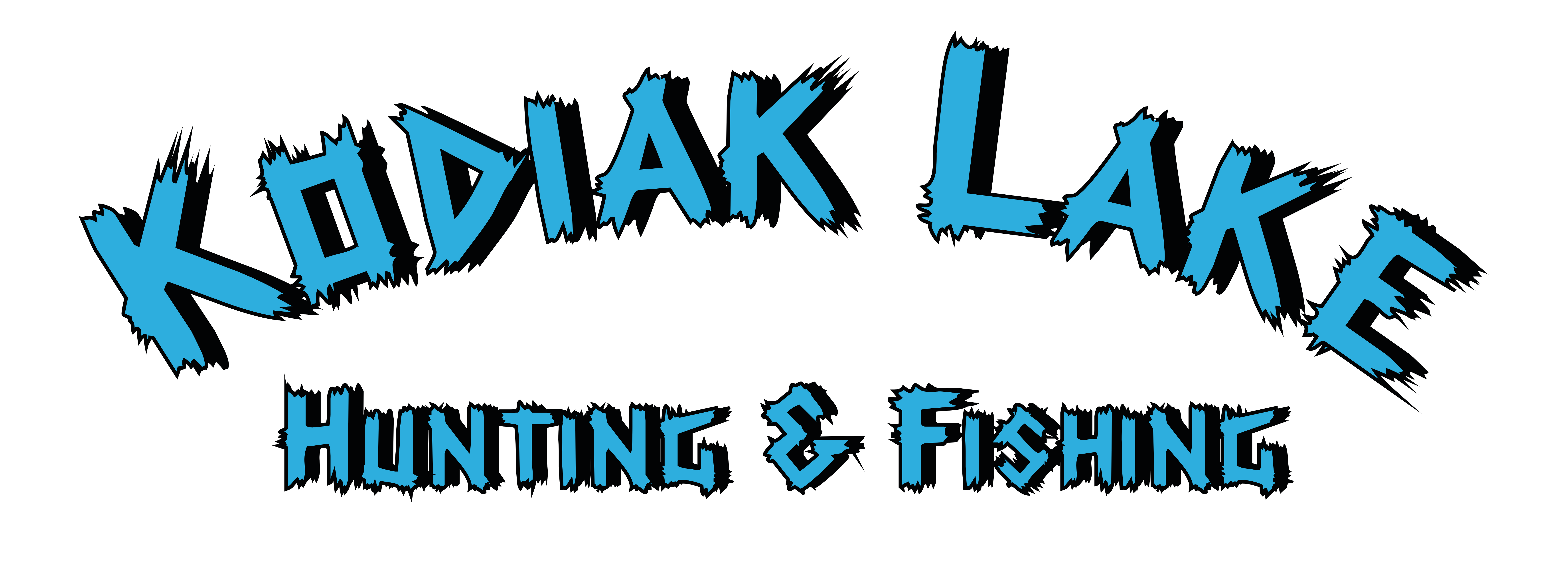The Federal Liberal government has introduced its new legislation to tighten the control and licensing of firearms, but according to CSAAA board of directors’ president Wes Winkel, Bill C-71 in many ways is much ado about nothing.
“Have you ever gone to the doctor for testing and they ask you to drink that big pink liquid? You feel like you will have trouble swallowing it and you’ll be full of gas? Well, that’s a metaphor for this,” Winkel said. “We are dealing with many different facets here, but breaking it down, there are several things that don’t equate.”
Under the new legislation, companies that sell firearms will be required to keep detailed records of firearm sales, as well as firearm purchasers. These records will not be shared with the government on a regular basis, however they will be available to the police via a judicial warrant if deemed necessary.
The new law also means increased background checks for the acquisition of licenses, including the “life history” of a purchaser – including their mental state and behaviour. Vendors will also have to verify the validity of a purchaser’s license with the Canadian Firearms program before completing the transaction.
The new regulations also mean firearms owners have to obtain formal authorizations to bring restricted and prohibited firearms – including handguns – to gunshows or a gunsmith. Classification of firearms does not change under the new legislation – non-restricted, restricted or prohibited – but the governing council now has jurisdiction to determine the classification of firearms without political interference.
Public Safety Minister Ralph Goodale stated: “With this legislation and other measures, we are taking concrete steps to make our country less vulnerable to the scourge of gun violence, while being fair to responsible, law-abiding firearm owners and businesses.”
Winkel contends that in many ways, the new rules contradict this point and simply don’t equate. “Just taking my business hat off here, in many ways this lowers the trust in your government when they prohibit firearms and you haven’t done anything wrong. And in a lot of cases, many of the things they are asking vendors to do here are already an industry standard.”
And as far as the CSAAA is concerned, having “big brother” watching every aspect of record keeping won’t lead to a more efficient or functional industry. Winkel used a recent example where the chief firearms officer visited a gun shop. He deemed the store’s record keeping was not up to par, and he subsequently removed the vendor’s firearms vending license. Yet, there was no proof the firearms had found their way into a criminal situation or that the store was a public safety concern.
“They simple said this location was too messy and ordered it to close up shop. This was A insulting but B dangerous. It might be the intent of the current government to regulate what is already an industry standard, but now that those parameters are in place, they subsequently could determine things aren’t up to snuff because there are stricter rules in place. It takes the onus of responsibility away from the government and places it solely on the vendor. And now, all firearm businesses will do is comply with the law – they may not use their own detection methods to make sure firearms aren’t going the wrong way – processes which may have been far more stringent.”
Another murky point, Winkel maintains, is the concept of license validity. “We as businesses can attest what the magic keywords are – city of birth for example. That sounds like a simple thing, but the problem is some people are born out of the country, there are spelling errors, there are language difficulties . . . these create issues for registration. Also, what happens when the registration Web site in down for maintenance for several hours? So, a guy drives hours to pick up his firearm, and no, he can’t pick it up? This just doesn’t make sound business sense. We are in an industry where things can’t be made more difficult with process.”
Background checks are another issue. If taken at face value, the regulation is very open to interpretation, Winkel said. “So, if you have been treated for a mental illness – if you have been diagnosed for depression and are being treated for example – and you have had a violent incident in your past, even though those two things might not coincide, there is a lot of danger there,” he noted. “You may have been in fight when you were 20 and were charged with assault, but now you are a 60-year-old man with depression and are being treated for it . . . the two things have nothing to do with each other. But because it meets the new key points, you may lose your license. And now, because licenses are tied with possession in the firearms act, you have to get rid of your guns – you can’t keep them in your home.
“The last thing the Canadian Mental Health Association wants is people to be scared to talk to their doctor about having a mental health issue. But this is what is going to happen if you are a gun collector. If you talk about, you will lose your guns. Gun owners will be scared to get treatment. And frankly. . . that’s ridiculous.”
Now that new regulations are firmly in place, Winkel hopes the Federal government will continue to work with the CSAAA and industry leaders before any future decisions are made regarding the Canadian firearms industry.
– Matt Nicholls, special to the CSAAA



